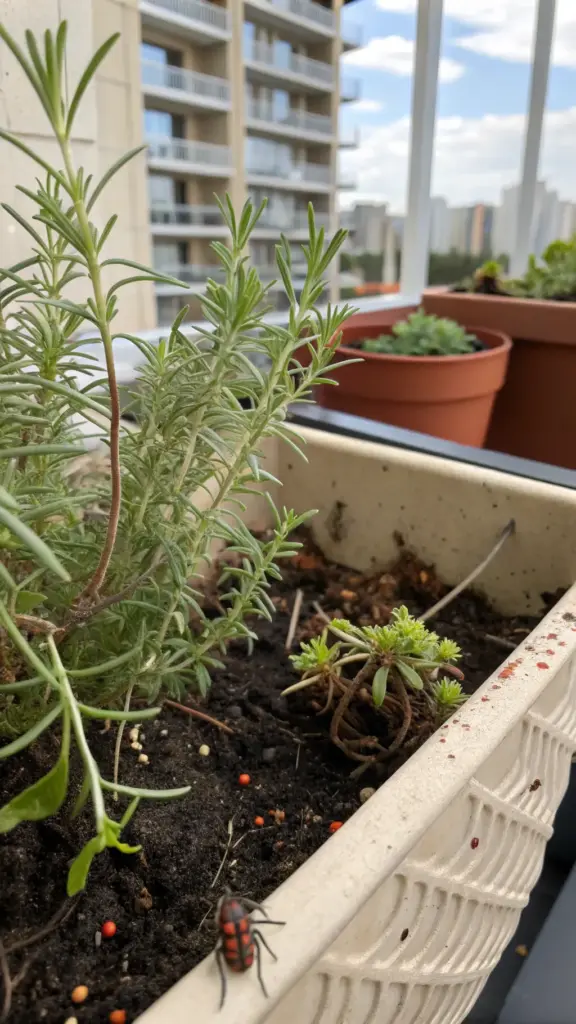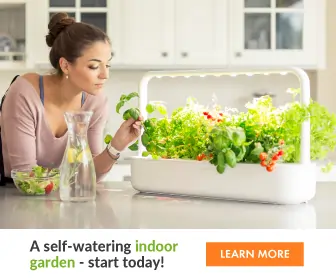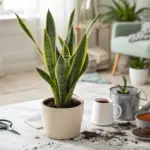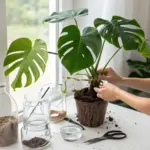7. Protect Against Pests and Diseases in Small Spaces

I thought container herbs would be naturally protected from pests since they weren’t planted in the ground. Boy, was I naive about that one!
My first major wake-up call came when I found spider mites covering my beautiful rosemary like tiny red confetti. I had no idea these microscopic pests could find their way to my third-floor apartment balcony.
Common Container Problems That Sneak Up on You
Aphids are probably the most frustrating pest I deal with in container gardens. These little green or black bugs cluster on new growth and can multiply crazy fast in the warm microclimate around pots.
I’ve learned to check the undersides of leaves weekly because that’s where aphids like to hide. By the time you see them on top of the leaves, you’ve got a serious infestation.
Root rot is still the number one killer of container rosemary, even when you think you’re watering correctly. Poor drainage combined with any stress makes plants vulnerable to fungal attacks.
Powdery mildew loves the humid conditions that can develop around closely spaced container plants. I learned this after grouping all my herbs together for a cute display.
Scale insects look like tiny brown bumps on stems and can be easy to miss until they’ve done serious damage. They suck plant juices and weaken the entire plant over time.
Natural Pest Control That Won’t Poison Your Dinner
Insecticidal soap has become my first line of defense against soft-bodied pests. I make my own with 1 tablespoon of mild dish soap per quart of water.
Spray early morning or evening to avoid leaf burn. I learned this the hard way after frying some leaves during midday heat.
Neem oil works great for persistent pests, but it smells pretty funky for a day or two. I only use it when soap spray isn’t cutting it.
For aphids, I just blast them off with a strong spray from the hose. Most of them can’t climb back up, and the ones that do are usually too damaged to cause more problems.
Diatomaceous earth sprinkled around the base of pots helps with crawling insects like ants and slugs. Just make sure you get the food-grade stuff, not pool filter DE.
Preventing Fungal Problems in Humid Conditions
Air circulation is absolutely critical for preventing fungal diseases in container herbs. I learned to space my pots at least 6 inches apart after losing plants to powdery mildew.
A small fan running for a few hours daily makes a huge difference in humid climates or indoor growing situations. Moving air prevents the stagnant conditions that fungi love.
Watering at soil level instead of overhead watering keeps leaves dry and reduces disease pressure. I use a watering can with a long spout to get right to the soil surface.
I never water in the evening anymore. Wet leaves overnight are an invitation for fungal problems. Morning watering gives plants all day to dry off.
Proper spacing between plants is just as important as air circulation. Crowded containers create their own humid microclimates that encourage disease.
Companion Planting in Tiny Spaces
Basil planted near rosemary seems to help repel aphids and other soft-bodied pests. Plus, they have similar growing requirements, so it’s practical too.
Marigolds in nearby pots attract beneficial insects that prey on herb pests. I keep a few small marigold containers scattered around my herb collection.
Chives are amazing companion plants for rosemary. Their onion scent seems to confuse pests, and they take up minimal space in container gardens.
I avoid planting mint near other herbs because it can harbor spider mites that then spread to more valuable plants. Learned that lesson the expensive way.
Nasturtiums work as trap crops for aphids. They attract the pests away from your herbs, then you can just remove the infected nasturtium plants.
Creating the Perfect Disease-Prevention Environment
Consistent watering without overwatering is the foundation of disease prevention. Stressed plants are way more susceptible to pest and disease problems.
I’ve found that morning sun exposure helps dry dew quickly and reduces fungal disease pressure. Even indoor plants benefit from morning light through windows.
Keeping containers elevated on pot feet or bricks improves drainage and air circulation around the root zone. This simple change prevented most of my root rot problems.
Clean tools between plants prevent spreading diseases from infected plants to healthy ones. I keep a spray bottle of rubbing alcohol handy for quick tool sterilization.
Quarantining new plants for a week or two before adding them to my main collection has saved me from several pest introductions. It’s way easier to treat problems on one plant than your entire herb garden.
Early Warning Signs That Save Plants
Yellowing leaves starting from the bottom usually indicates either overwatering or root problems. Catch this early and you can often save the plant.
Sticky honeydew on leaves is a sure sign of aphids or scale insects, even if you can’t see the pests yet. Start treatment immediately.
Wilting despite moist soil often means root rot is setting in. This is an emergency situation that requires immediate repotting in fresh soil.
Tiny webs between leaves and stems indicate spider mites. These pests multiply incredibly fast, so early detection is crucial.
White powdery spots on leaves are the beginning of powdery mildew. Improve air circulation and reduce humidity around the plant immediately.
Conclusion
Growing lush, aromatic rosemary in tiny pots isn’t just possible – it’s incredibly rewarding! These seven professional tricks will transform your container herb gardening from frustrating to flourishing. Remember, the key is working with rosemary’s Mediterranean nature, not against it.
Start with just one or two of these techniques and gradually implement the others as you gain confidence. Your kitchen will thank you for the fresh herbs, your home will smell amazing, and you’ll have the satisfaction of growing your own beautiful, edible decor!
Ready to create your dream herb garden? Pick up that perfect container today and give your rosemary the professional treatment it deserves. Your future self (and your dinner guests) will be amazed by what you can grow in even the tiniest spaces!










GIPHY App Key not set. Please check settings